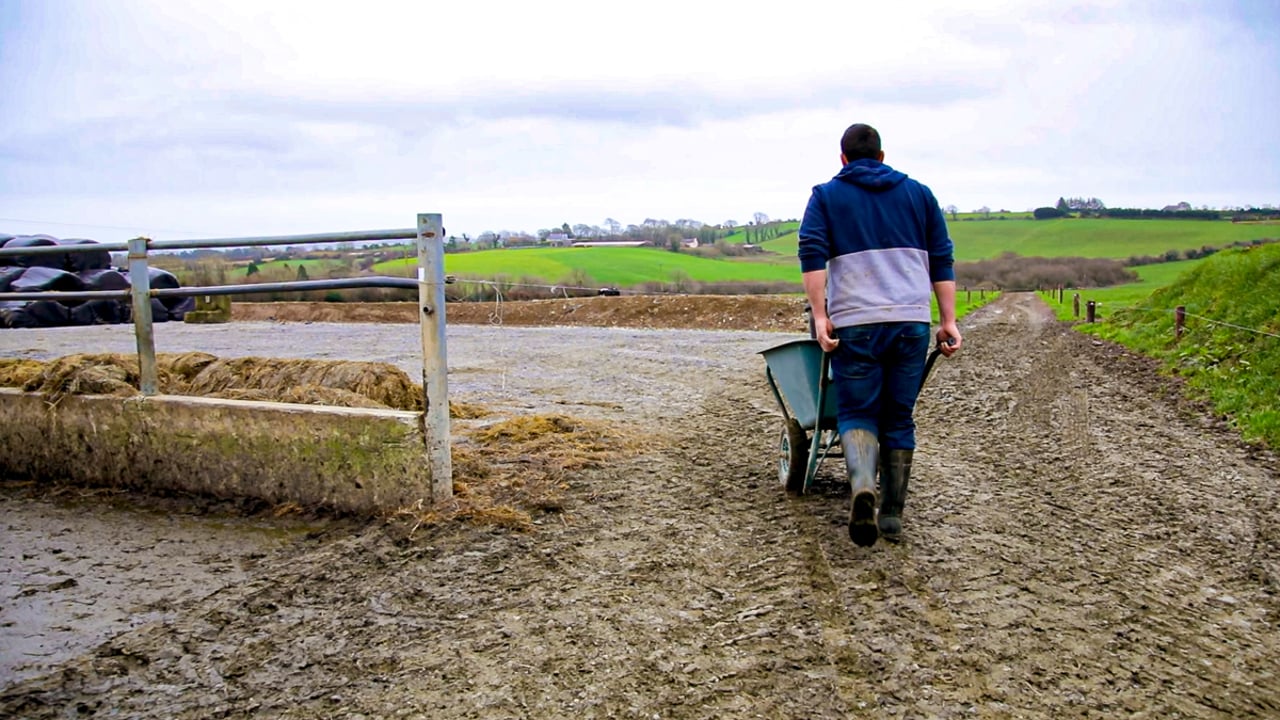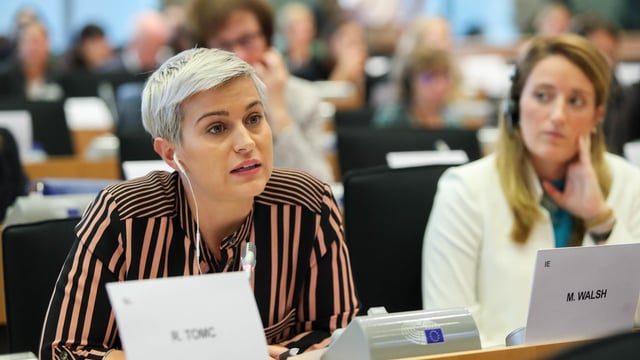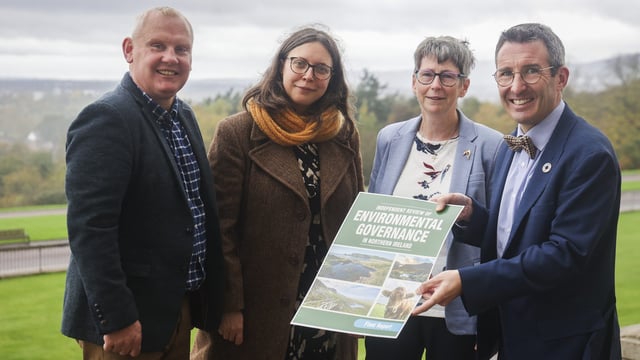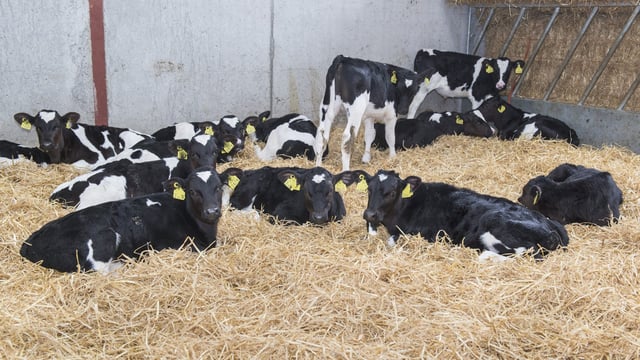CEJA: 'Generational renewal requires resources'
The European Council of Young Farmers (CEJA) has said that tackling generational renewal in farming will need resources alongside political support.
The comments came as the European Commission today (Tuesday, October 21) published its strategy for generational renewal in agriculture.
As part of the plan, the commission has set an "aspirational target" to double the share of young farmers in the Europe to 24% by 2024.
In 2020, the average age of farmers in the EU was 57, with only 12% under the age of 40.
CEJA
CEJA described the strategy as "a milestone document recognising once again the urgency to support young farmers and the need for coordinated action across all governance levels".
The organisation said the strategy identifies key challenges faced by the younger generation, whether that is to access credit, land, education and skills, but also other legal, financial and emotional issues.
However, CEJA’s said that its reception of the strategy "cannot be in isolation from recent legislative proposals".
"Following the publication of the Multiannual Financial Framework (MFF) package last July, the EU’s executive fell short in upholding its ambition for young farmers by removing the minimum budget allocated to their instruments.
"The EU-level target to double the share of young farmers from 12% to 24% by 2040 amplifies CEJA’s call on the Council and the European Parliament to restore credibility for the CAP post-2027 instruments," the group said.
Young farmers
Peter Meedendorp, CEJA president, noted that some measures in the strategy build on tools already proposed for the next Common Agricultural Policy (CAP) or existing initiatives.
"We welcome certain new approaches such as the establishment of the EU Land Observatory and the use of the European Semester [Eramus].
"Moreover, the strategy tackles head-on sensitive topics that are crucial to young farmers’ future: land access, national social policies, or taxation.
"It demonstrates that better European-level coordination is achievable while fully respecting national competences.
"However, CEJA regrets that the strategy’s ambition was not reflected in the legislative and budgetary proposals released in July 2025.
"Despite the strategy recommending a minimum of 6% of the CAP dedicated to young farmers, the Commission’s legal proposals do not include any binding financial commitment for generational renewal," he said.
Resources
Meedendorp said that "Europe’s young farmers have long called for words to be backed by means".
"We welcome the strategy as a long-needed political signal, but without a ring-fenced budget, it risks becoming a missed opportunity.
"Let me be clear: aspirational targets without binding commitments are not a strategy. They are a gamble.
"Generational renewal requires resources besides the strong political backing.
"The strategy must not be an end. Its success will ultimately depend on tangible progress on the ground and effective implementation.
"CEJA and its members will pay close attention to how it is taken up by other EU institutions, member states, and regional authorities," he added.
CEJA also said it sees "great value in conducting additional sector-specific studies on generational renewal" and will develop "a foresight paper on social policies in agriculture".





